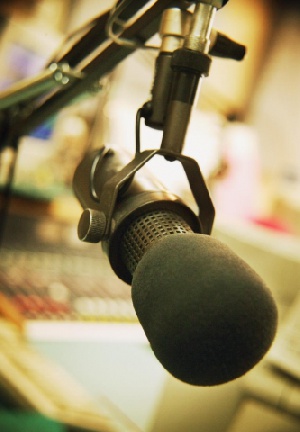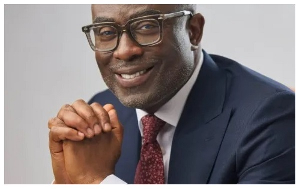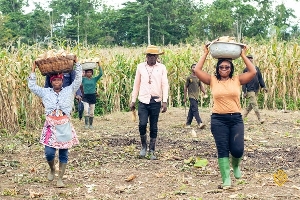Regional News of Friday, 13 February 2015
Source: MFWA
Report: Radio, powerful local governance tool
A study by the Media Foundation for West Africa (MFWA) says radio is the most effective engagement platform within the local governance system in Ghana.
The study says radio provides the platform for more consistent, frequent, transparent and accurate sharing of information as well as means of tracking and getting timely feedback.
This is despite the existence of other local substructures such as town hall meetings, visit of assembly authorities, debriefing by assembly leaders, use of information delivery van, NGOs and CSOs.
The study which assessed the “Current Level of Citizens-Local Authorities’ Engagement on Revenue Inflow and Expenditure in Selected districts in Northern Ghana” however found that even though local assemblies view the media as helpful, there is little or no blue print media engagement plan within the assemblies.
Indeed, radio reflects the shifting of development paradigm towards a more participatory style of information, knowledge transfer and participatory communication which are necessary for both economic and social development.
As the world marks World Radio Day today February 13, 2015, the MFWA commends all radio workers in Ghana for their immense contribution to the country’s development through timely and consistent education, awareness creation and active mobilisation of citizens.
“Development is people dependent and people work for development if they are educated, informed and mobilised around a shared objective; This report provides further evidence to the importance of radio in community mobilisation and in timely and consistent information dissemination and advocacy” – Abigail Larbi, MFWA’s Programme Officer for Media Development and Democracy said.
The MFWA again on World Radio Day today, urges all duty bearers especially those within the country’s local governance system to maximize the potential of radio in community mobilization for development. We also urge radio station owners to ensure the existence of policies and mechanisms that guarantee the safety of their staff in the line of duty.
The MFWA is also mindful of the destructive potential of radio despite it being an effective tool for mass mobilisation and call for decency in language use and professionalism in reportage and programming to ensure sanity on the airwaves.











